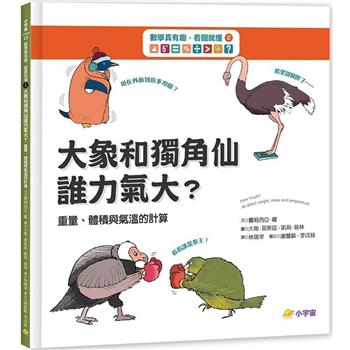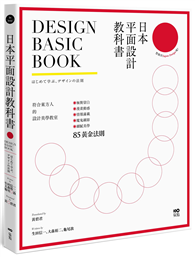Short-Ballot Principles, authored by Richard Spencer Childs and originally published in 1911, advocates for simplifying the election process by reducing the number of elected officials and concentrating responsibility. Childs argues that the complexity of long ballots obscures accountability and hinders effective governance. By streamlining the ballot, voters can make more informed decisions, and elected officials become more directly answerable for their actions.
This work provides valuable insights into the progressive era’s reform movements and the ongoing debate about electoral systems. It examines the historical context of ballot design and offers a framework for improving democratic participation and government efficiency. The principles outlined in "Short-Ballot Principles" remain relevant for understanding contemporary challenges in electoral politics and the importance of transparent and accountable governance.
This work has been selected by scholars as being culturally important, and is part of the knowledge base of civilization as we know it. This work was reproduced from the original artifact, and remains as true to the original work as possible. Therefore, you will see the original copyright references, library stamps (as most of these works have been housed in our most important libraries around the world), and other notations in the work.
This work is in the public domain in the United States of America, and possibly other nations. Within the United States, you may freely copy and distribute this work, as no entity (individual or corporate) has a copyright on the body of the work.
As a reproduction of a historical artifact, this work may contain missing or blurred pages, poor pictures, errant marks, etc. Scholars believe, and we concur, that this work is important enough to be preserved, reproduced, and made generally available to the public. We appreciate your support of the preservation process, and thank you for being an important part of keeping this knowledge alive and relevant.











